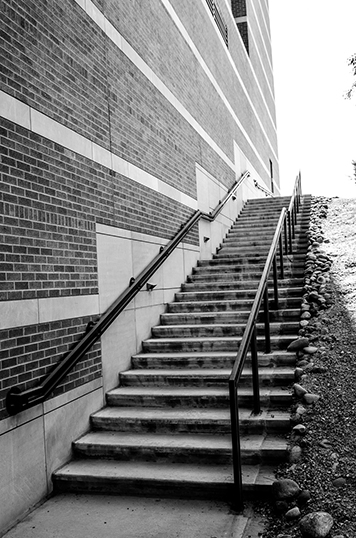Show Navigation Menu
Section Two : Becoming a Researcher/Scholar
Chapter 4: Effective Research
Hide Navigation Menu
Home Page
Section 2 Becoming a Researcher/Scholar / Chapter 4 Effective Research

10. Conclusion
A doctoral program requires its learners to become technology and information literate early on in the program to maximize the chances for success. In the beginning, learners will struggle with implementing new technology into their traditional note-taking techniques and research methods, but, with repetition, the skill sets will improve over time. Becoming technology literate will have a direct impact on the ability of learners to evaluate information. Learners will have more time to read and analyze a variety of resources, which, ultimately, provides more options from which to choose. Information literacy is the foundation to an effective research practice and the first step in helping doctoral learners make the transition from a student completing homework assignments to a researcher conducting research. All doctoral learners should be able to identify the different kinds of reading materials, as well as incorporate the definitions and terminology into their academic vocabulary.
Remember the box at the beginning of the chapter and the discussion that revealed the process attached to “thinking outside of the box”? In research, this box is not a plain brown piece of cardboard. On the contrary, to a researcher this box is a present wrapped in colorful paper, filled with unknowns that are waiting to be discovered and interpreted. The next chapter will discuss the nature of inquiry and describe the research methodologies doctoral learners have at their disposal in order to unwrap this present and all of its potential gifts.
